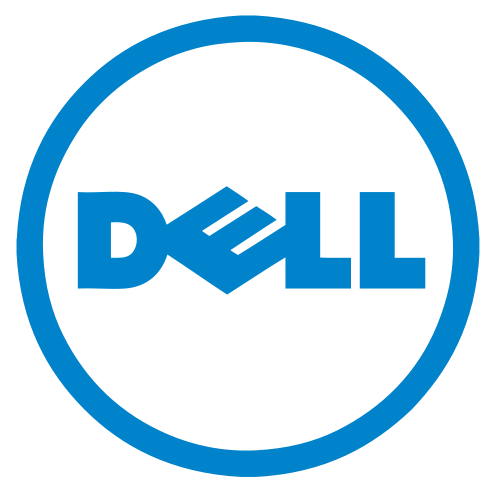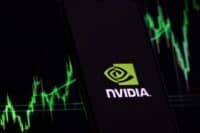As Dell grabs at EMC Corp. (NYSE: EMC) to bolster its presence in enterprise computing, it holds 14% of the global personal computer (PC) market, which is its core business. This puts Dell just behind Chinese PC giant Lenovo, which has 20%, and Hewlett-Packard Co. (NYSE: HPQ) at 19%. Source: courtesy of Dell
Source: courtesy of Dell
Ironically, HP is separating its PC and PC-related business from its enterprise operation, just as Dell is trying to bring two similar businesses together.
The global PC market remains huge, even if it is shrinking. Third-quarter shipments totaled 73.7 million, off 7% from last year, according to research firm Gartner. Among PC companies, Dell was the only company that held its own, with an increase of 0.5% to 10.2 million, compared to the third quarter of last year. Apple Inc.’s (NASDAQ: AAPL) shipments moved higher by 1.5% to 5.6 million.
The future for PC sales is not as troubled as the recent past. Gartner analysts wrote:
While 3Q15 results illustrated gloomy market conditions for the PC market, there is a positive aspect in the results. According to Gartner’s 2015 personal technology survey, 50 percent of consumers expressed intention to purchase a PC in the next 12 months, compared with 21 percent for tablet purchase intention.
The Dell numbers point out its limited success as a private company. They also highlight why Dell needs EMC. As Dell’s major business slowly falters, it needs a hedge, and in EMC it gets a large one. Primarily an enterprise storage company, however, EMC is not in good shape. Its revenue was $24.4 billion last year, which was little better than the year before. Net income was $2.7 billion, which means EMC is hardly a high-margin business.
The slow growth has continued this year. In the second quarter, revenue rose only 2% to $6 billion. Earnings were $0.25 per share, down 11% from the same quarter a year ago.
No matter how the EMC merger attempt turns out, Dell needs to find a way to accelerate growth soon. If it cannot, Dell will show why it was not viable as a public company. The trend of its sales would have caused it to take the beating it does not have to take in its present ownership configuration.
ALSO READ: 3 Top Tech Stocks Stand Out at Gigantic Amazon Web Services Conference
Take This Retirement Quiz To Get Matched With An Advisor Now (Sponsored)
Are you ready for retirement? Planning for retirement can be overwhelming, that’s why it could be a good idea to speak to a fiduciary financial advisor about your goals today.
Start by taking this retirement quiz right here from SmartAsset that will match you with up to 3 financial advisors that serve your area and beyond in 5 minutes. Smart Asset is now matching over 50,000 people a month.
Click here now to get started.
Thank you for reading! Have some feedback for us?
Contact the 24/7 Wall St. editorial team.



